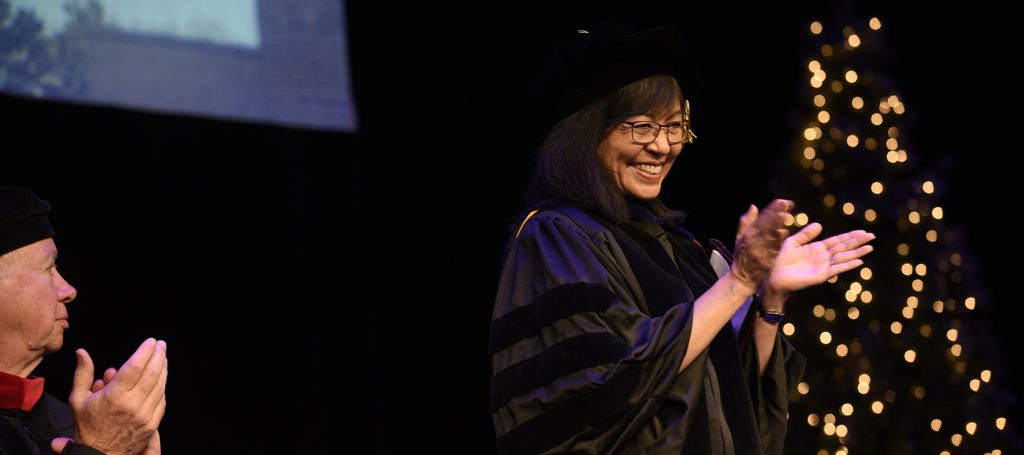It is the desire of the University of Northwestern that students encounter Christ and be continually transformed into His image through the work of the Holy Spirit. The University of Northwestern provides an environment for that transformation to take place through challenging and respectful engagement in academic settings, chapel, campus life experiences, and personal relationships with members of the University community.
BIBLICAL THINKING & LIVING
- Apply principles of discipleship to the Christian life including conversion, spiritual growth, and evangelism.
- Apply proper interpretive methods to understand the historical meaning and contemporary applications of the Bible.
- Examine personal, intellectual, theological, and ethical issues through the lens of biblical truth.
COMMUNICATION
- Analyze messages actively and critically with consideration to the intended audience.
- Communicate effectively and respectfully through writing, speaking, and other media for a variety of audiences and purposes.
CREATIVE EXPRESSION
- Analyze works of artistic expression.
- Perform or create works of artistic expression.
CRITICAL THINKING AND INFORMATION LITERACY
- Find, evaluate and use information effectively and ethically.
- Employ critical thinking skills such as analysis, evaluation, and reasoning.
- Synthesize a position or solve a problem through engagement with multiple perspectives.
CULTURAL & GLOBAL ENGAGEMENT
- Compare diverse historical, social, and cultural perspectives in order to appreciate one’s own and others’ viewpoints.
- Evaluate contemporary civic or global issues from a biblical perspective.
LEADERSHIP AND PROFESSIONALISM
- Engage in one’s professional, civic, church and personal leadership development through the lens of vocational stewardship.
- Demonstrate workforce readiness through professional engagement and the generation of related artifacts.
SCIENTIFIC & QUANTITATIVE LITERACY
- Apply scientific understanding and reasoning to the process of making informed decisions.
- Analyze the methods of inquiry of a social science theory and its underlying assumptions.
- Analyze quantitative information using various mathematical techniques and modeling of hypothetical or real-world situations.




